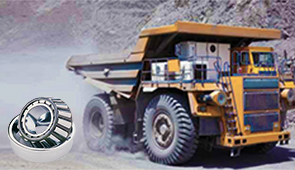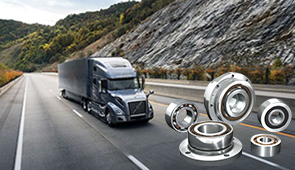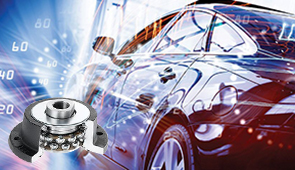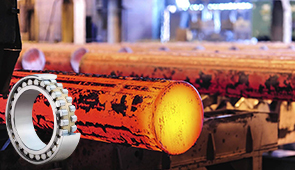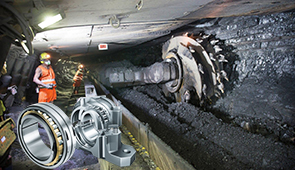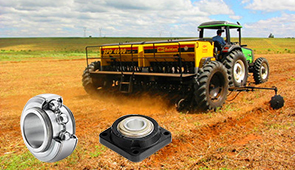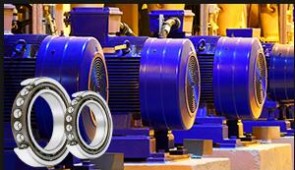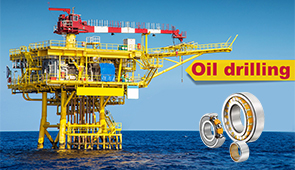what cause wheel bearing to go bad
Wheel bearings, like all other mechanical components of your car, can fail on occasion. There are numerous reasons why this might occur, but generally it’s because of a lack of lubrication or excessive wear and tear.
The most common culprit for wheel bearing failure is poor maintenance. If you don’t routinely check your car’s oil level and change it when necessary, you’re setting yourself up for problems down the road. The same goes for the brake fluid and transmission fluid in your vehicle — if they run low or get contaminated by dirt or water, they can cause all sorts of damage to your vehicle’s vital systems.
Another common cause of wheel bearing failure is lack of lubrication. This happens when there isn’t enough grease in the wheel bearings or not enough grease at all. Without grease to keep them moving smoothly and freely, the bearings will eventually wear down until they lock up completely — at which point they’ll need replacing completely.
If you notice any strange sounds coming from your vehicle while driving down the road (especially if they come from either side), it could be an indication that one or more of your wheel bearings is going bad.
Wet and Contaminated Grease
Wet and contaminated grease is the most common cause of wheel bearing failure. The grease in a wheel bearing lubricates the bearings, allowing them to spin freely inside their housing without rubbing against the metal parts. When water or dirt gets into a bearing, it can stop the grease from doing its job. Water acts as a solvent for the grease, breaking it down and making it less effective at lubricating the bearings. Dirt acts as an abrasive on the bearings, wearing them down over time.
To prevent this problem, you should use a waterproof grease on your wheel bearings. This will keep them lubricated when they are exposed to water or moisture. You also need to clean off any dirt or debris from around them before you install them back into your vehicle.
Noisy Wheel Bearing
The cause of a noisy wheel bearing is typically a loose or worn out bearing. The most common reason for a worn out bearing is due to overuse or abuse. The other common cause is simply old age. In either case, if you have a noisy wheel bearing, it needs to be replaced as soon as possible.
The first thing to check when you hear your car’s steering wheel make noises when turning or driving over bumps or uneven roads is the condition of the tires and wheels. This is because they are the most likely culprits in causing a noisy steering wheel. There are several reasons why your tires may be making noise:
Tire Age – Tires that are more than 10 years old should be replaced because they have lost their tread depth and will wear out quickly on rough terrain.
Underinflation – Underinflated tires will bounce around more when driving over bumps and tend to develop flat spots on the tread that can lead to an uneven ride quality that can cause excessive noise from the tires rubbing against each other as well as from the suspension system moving around inside once again causing it to rub against other parts of itself while cornering or under different loads during acceleration/deceleration which causes excessive movement within itself.
Overheating Wheel Bearings
The most common cause of overheating wheel bearings is a lack of lubrication. When the bearings are not properly lubricated, they begin to wear out and become damaged. If you notice that your vehicle is making a grinding or squeaking sound when it goes into gear, this may be a sign that your wheel bearings are in need of replacement.
Another common cause of overheating wheel bearings is the improper installation of replacement parts. When you replace one or more parts on your vehicle, you should always follow the manufacturer’s instructions carefully. If you do not follow these instructions, there is a chance that you will damage your wheels or other components when installing these new parts. This could lead to overheating or other problems with your vehicles’ performance and safety.
A third reason why wheel bearings may overheat is due to environmental factors such as temperature or humidity levels in your area at the time of installation or use. For example, if it is extremely hot outside during the summer months when you are driving your vehicle, then it would make sense that this could cause overheating of your wheel bearings because they are being exposed to higher temperatures than they were designed for by the manufacturer.
Corrosion and Rust on the Bearing
The bearing, which should be made of hardened steel or bronze, is the part that allows the axle to rotate smoothly. It is located between the hub and the spindle. The bearings are sealed with a grease that keeps out moisture and dirt.
The bearing surface can corrode due to water being trapped in the bearing during winter storage. Water can also freeze during cold weather and expand, causing damage to the bearing surface. If you suspect corrosion on your wheel bearing, check for any cracks or pitting on it. If there are no visible signs of damage, then clean off all grease and coat with oil to prevent further damage from occurring.
Rust can occur on the inner race due to moisture in the grease that causes rusting on metal surfaces. The rusting process weakens the metal causing premature failure of your wheel bearing. To prevent this from happening, always make sure that there is sufficient amount of lubrication inside your bearings when it is time for storage.
Debris from Road Construction or Accidents
Potholes are the most common cause of wheel bearing failure. In fact, wheel bearings are often destroyed by debris from road construction or accidents. This debris can puncture the wheel bearing housing and destroy the race, causing oil to leak out and contaminate the grease.
The only way to prevent this is to check your wheel bearings regularly and replace them before they fail. If you drive on a lot of dirt roads or off-road terrain, that will increase the chances of a wheel bearing failure because they’re subjected to more dust and grit than regular street driving.
Wheel bearing failure can lead to expensive repairs so it’s good to know how to spot the cause of failure.
Wheel bearing failure is a problem that can lead to expensive repairs. It’s important to know how to spot the cause of failure and take action before it’s too late.
If you’re driving and hear a grinding or clicking sound from the front or rear of your vehicle, this could be a sign of wheel bearing failure. However, there are other causes for these sounds as well, so it’s important to diagnose the cause accurately before making any repairs. In some cases, you may be able to get by with simply repairing or replacing the bearings themselves. In others, though, it may be necessary to replace other parts as well in order to ensure that your car will run smoothly again.
There are many factors that will affect the life of your wheel bearing. Tires, alignment, suspension, and other factors should be properly maintained to extend the life of the bearings. Most common causes for failure is due to improper maintenance or abuse. It is imperative the bearing be checked frequently.
UCTH213-40J-300 with Setscrew(inch)
CNSORDERNO: Normal-duty(2)
TOGN: UCTH213-40J-300
SDI: B-R1/8
SD: 2 1/2
UCTH212-39J-300 with Setscrew(inch)
CNSORDERNO: Normal-duty(2)
TOGN: UCTH212-39J-300
SDI: B-R1/8
SD: 2 7/16
UCTH212-38J-300 with Setscrew(inch)
CNSORDERNO: Normal-duty(2)
TOGN: UCTH212-38J-300
SDI: B-R1/8
SD: 2 3/8
UCTH212-36J-300 with Setscrew(inch)
CNSORDERNO: Normal-duty(2)
TOGN: UCTH212-36J-300
SDI: B-R1/8
SD: 2 1/4
UCTH211-35J-300 with Setscrew(inch)
CNSORDERNO: Normal-duty(2)
TOGN: UCTH211-35J-300
SDI: B-R1/8
SD: 2 3/16
UCTH211-34J-300 with Setscrew(inch)
CNSORDERNO: Normal-duty(2)
TOGN: UCTH211-34J-300
SDI: B-R1/8
SD: 2 1/8









